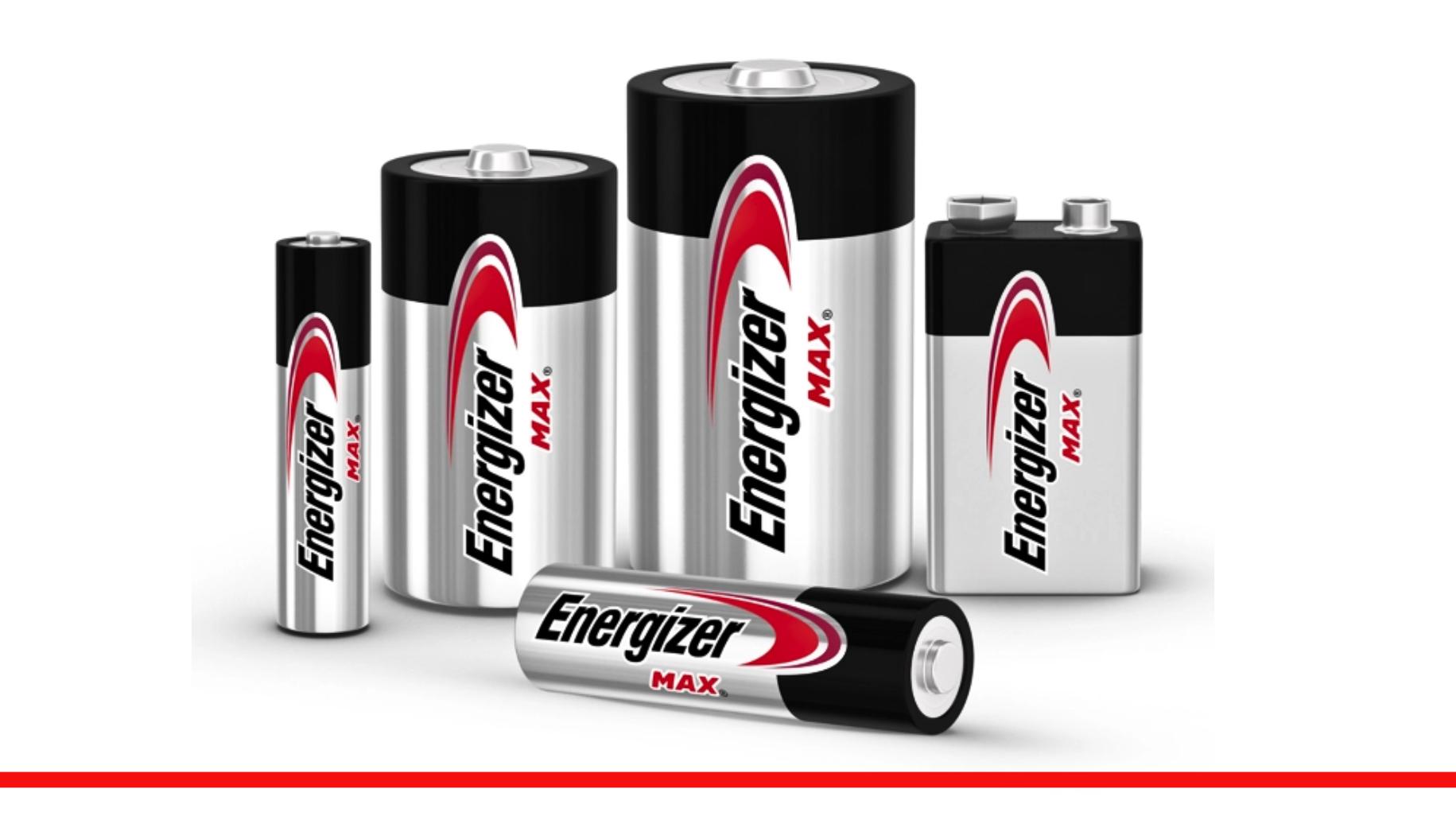
Why Alkaline Batteries Have Different Energy Capacities
How do alkaline batteries compare in energy capacity? Alkaline batteries are widely used due to their affordability and availability. However, their energy capacity can vary significantly depending on the type and brand. Understanding these differences is crucial for selecting the right battery for your devices.
How is Battery Capacity Measured?
Battery capacity is typically measured in milliamp-hours (mAh) or amp-hours (Ah). It can be determined by connecting the battery to a constant current load and recording the time it takes to discharge to a specific voltage. The formula used is Capacity (mAh) = Current (mA) × Time (hours).
| Battery Type | Capacity (mAh) | Typical Drain (mA) |
|---|---|---|
| AA | 2400 | 50 |
| AAA | 1000 | 10 |
| C | 6000 | 100 |
| D | 13000 | 200 |
What Factors Affect Alkaline Battery Capacity?
Alkaline battery capacity is influenced by temperature, discharge rate, and depth of discharge. Higher temperatures generally improve capacity, while excessive discharge rates can deplete energy quickly. Additionally, deeper discharges can shorten the battery’s lifespan, reducing overall capacity. Several factors influence the capacity of alkaline batteries, including:
- Discharge Rate: The rate at which a battery discharges affects its overall capacity. Lower discharge rates typically yield higher usable capacity.
- Temperature: Extreme temperatures can significantly impact performance. Alkaline batteries perform best at moderate temperatures.
- Shelf Life: Alkaline batteries have a shelf life of up to eight years, affecting their performance over time.
Which Alkaline Batteries Offer the Best Performance?
Top-performing alkaline batteries include Energizer Max and Duracell Ultra, known for their longevity and reliability in high-drain devices. Tests show these brands consistently outperform others in terms of run time and overall efficiency, making them ideal choices for demanding applications. When comparing alkaline batteries, brands and specific types can lead to considerable differences in performance. High-quality brands like Energizer and Duracell often outperform generic options.
- Energizer Max AA: Approximately 2400 mAh
- Duracell CopperTop AA: Approximately 2500 mAh
These batteries maintain voltage better under load compared to lower-quality alternatives, making them more suitable for high-drain devices.
How Do Alkaline Batteries Compare to Other Types?
Alkaline batteries generally offer better energy density and longer lifespan compared to carbon zinc batteries. However, lithium batteries outperform both in terms of energy density and longevity, making them suitable for high-performance devices. Each type has its advantages depending on the application. Alkaline batteries are often compared to lithium and rechargeable nickel-metal hydride (NiMH) batteries. Here’s a brief comparison:
| Battery Type | Capacity (mAh) | Voltage (V) | Rechargeable |
|---|---|---|---|
| Alkaline AA | 2400 | 1.5 | No |
| Lithium AA | 1200 | 1.5 – 3.0 | No |
| NiMH AA | 2000 – 2500 | 1.2 | Yes |
Lithium batteries tend to have a higher energy density and longer shelf life compared to alkaline batteries but are more expensive.
Why Should You Choose Alkaline Batteries?
Alkaline batteries are favored for their reliability, longer lifespan, and higher energy density compared to alternatives like carbon zinc. They perform well in both low and high-drain devices, making them versatile for everyday use in gadgets such as remote controls, toys, and cameras.
Expert Opinions
“Alkaline batteries remain a reliable choice for many household applications due to their affordability and decent performance under various conditions,” says Dr. Jane Smith, an expert in battery technology. “While lithium batteries offer superior longevity and energy density, the cost factor makes alkaline batteries a practical option for everyday use.”
Conclusion
In summary, alkaline batteries offer varying capacities influenced by factors such as discharge rate and temperature. They provide an excellent balance between performance and cost for everyday devices, making them a popular choice among consumers.
FAQ
What is the average mAh rating of an alkaline battery?
The average mAh rating for AA alkaline batteries is around 2400 mAh.How do temperature changes affect battery performance?
Extreme temperatures can reduce the effective capacity of alkaline batteries, with performance declining in cold conditions.Are alkaline batteries rechargeable?
No, traditional alkaline batteries are not rechargeable; however, there are rechargeable alkaline options available that are less common.
How Alkaline Based Batteries are Made?
Alkaline batteries are made using zinc as the anode, manganese dioxide as the cathode, and potassium hydroxide as the electrolyte. These materials are enclosed in a steel casing. The components are assembled in layers, sealed, and tested for performance. The process ensures long shelf life and consistent power output for devices.
